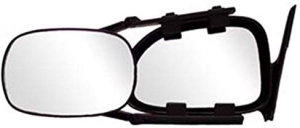-
Welcome to Tacoma World!
You are currently viewing as a guest! To get full-access, you need to register for a FREE account.
As a registered member, you’ll be able to:- Participate in all Tacoma discussion topics
- Communicate privately with other Tacoma owners from around the world
- Post your own photos in our Members Gallery
- Access all special features of the site
Rear Seat Belt Corrosion!
Discussion in '3rd Gen. Tacomas (2016-2023)' started by Vigilance777, Oct 17, 2020.
Page 3 of 3
Page 3 of 3


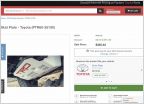 TRD Pro Skid Plate
TRD Pro Skid Plate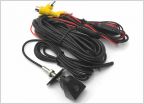 Front camera frustration!! What else do I need?
Front camera frustration!! What else do I need? Discovered an advantage to not having an auto-loking tailgate.
Discovered an advantage to not having an auto-loking tailgate.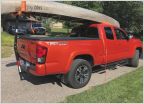 FRONT END CANOE TIE DOWN SUGGESTIONS
FRONT END CANOE TIE DOWN SUGGESTIONS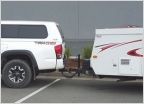 Rear End Support for Weight.
Rear End Support for Weight.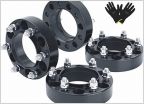 Wheel spacers - Vibration after installing them
Wheel spacers - Vibration after installing them










